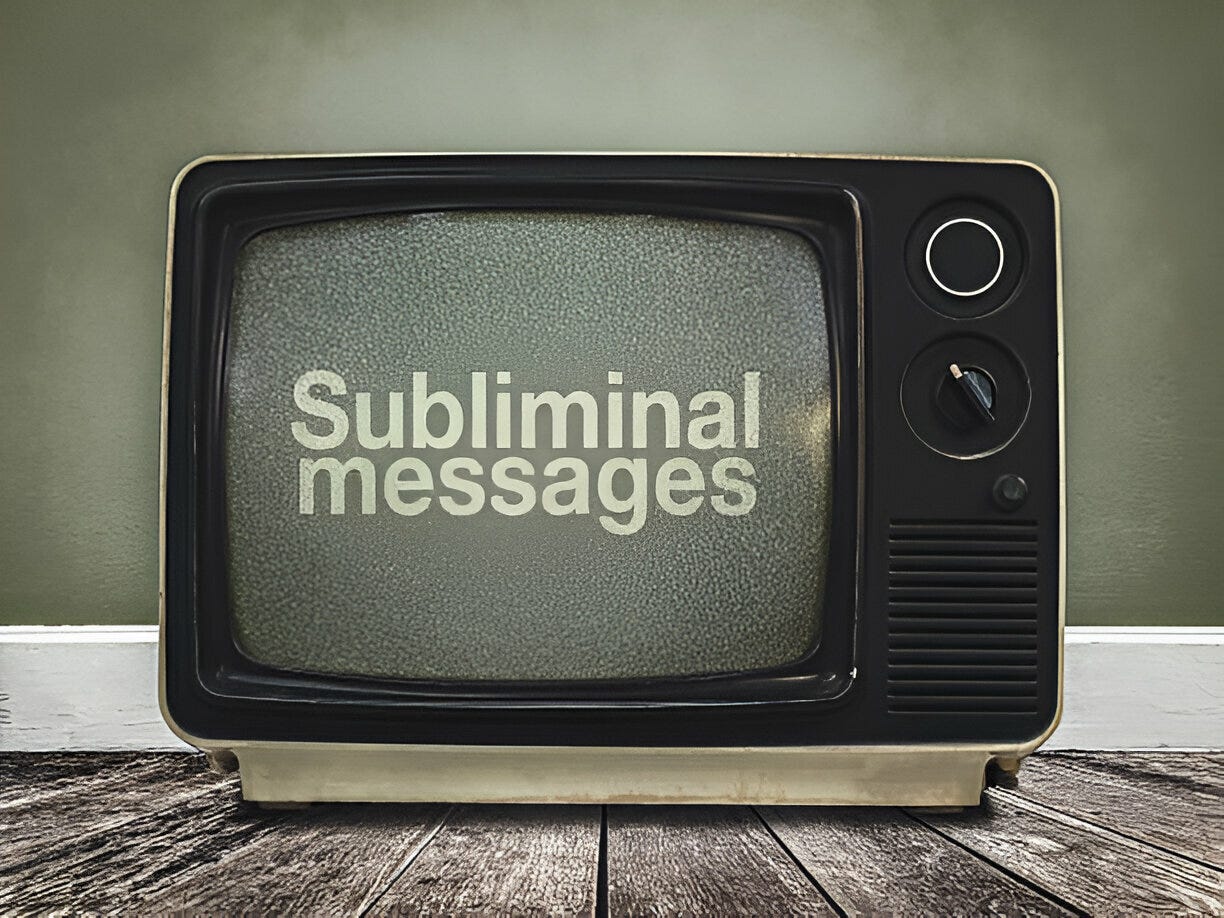Cheers to Deception? How Liquor Brands Navigate India's Advertising Ban
Reported By: Pragun Pudukoli
Consider catchy and creative advertisements for a product you cannot easily purchase. Although it seems like a way to waste money, numerous brands employ this strategy to promote products restricted from advertising under government regulations, such as alcohol, by advertising another product produced by the same company. This ‘another product’ is often one that cannot be bought.
Through the Cable Television Networks Act of 1995, the Government of India banned any ads that directly or indirectly promoted the sale or consumption of intoxicants. Surrogate advertising has allowed the liquor industry to become a prominent player in the advertisement industry through catchy ads promoting products like cassettes, CDs, and soda. Advertising alcoholic beverages is banned in India, and so surrogate advertising is used to exploit legal loopholes to promote them.
The different tactics of surrogate advertising
Brand extensions: This is the most apparent tactic of surrogate advertising is brand extension, where alcoholic brands advertise non-alcoholic versions of their products, like mineral water, soda, or even products that are not beverages, that share the same brand name in order to circumvent advertising restrictions.
Sponsoring: Liquor brands sponsor events, concerts, sports tournaments, or cultural festivals that are associated with their brand identity or culture. By associating themselves with the unique qualities of their brand without explicitly promoting alcohol, they can foster a positive perception of their brand. Liquor brands also sponsor some events where alcohol consumption is prevalent, thus indirectly reinforcing their association with leisure and celebration and maintaining a presence in the minds of their target audience.
Digital and Social Media Strategies: Alcohol brands utilize social media channels, digital content, and influencer partnerships to engage with consumers while adhering to regulatory constraints. Brands reach a wider audience and maintain relevance this way.
Product placement: The strategic integration of alcoholic beverages into entertainment content allows brands to associate themselves with desirable social experiences and cultural norms, which can lead to subconscious associations of alcoholic drinks with desirable lifestyle attributes. Further, effective product placement can easily enhance brand recall and recognition or provide brand visibility of a particular beverage to many people.
Are there any regulations for brand extensions?
Brand extensions in the alcohol industry are regulated under the Cable Television Networks (Regulation) Act. The Advertising Standards Council of India (ASCI) has guidelines for the qualification of brand extensions. ASCI tightened these guidelines in December 2023. ASCI is a voluntary self-regulatory organization of the advertising industry in India. In the past, ASCI has banned surrogate advertising by liquor companies that violated its code. According to the amended Cable TV Network Rules’ Advertising Code, ads that violate the ASCI code cannot be permitted on TV.
The ASCI guidelines say that the brand extension must be genuine. The brand extension must be registered with the appropriate Government authority.
For a brand that has been in the market for more than two years, the sales turnover of the product or service should exceed Rs. 5 crore per annum nationally or Rs. 1 crore per annum per state where the distribution has been established.
Brands launched but yet to complete two years should have achieved a net sales turnover of Rs. 20 lakhs per month from launch. The sales should not be to a subsidiary or sister. Instead of these, the company can also show that they have made fixed asset investments exclusive to the advertised brand extension of not less than Rs. 10 crore or show that the turnover of the brand is greater than 10% of the turnover of the same brand in the restricted category, including the sub-brands in the restricted category. Further, the scale of advertising for such an extension must be proportionate to the sales of that extension.
Concerns regarding surrogate advertising
Although such advertising may seem innocent, these ads raise significant ethical and regulatory concerns. Such ads are designed to leave the desired effect on the viewers’ minds by circumventing advertising laws. Such ads perpetuate brand recall and consumer loyalty for alcohol brands through proxy products. Surrogate advertising often highlights the brand's heritage, craftsmanship, or unique qualities through storytelling and emotional appeals. This helps to build a positive brand image without explicitly promoting alcoholic beverages. Since such advertisements attempt to capture a particular vibe or culture, they indirectly glamorize and normalize alcohol consumption among impressionable youth who may be exposed to these advertisements because capturing a culture allows brands to create a community of loyal followers who want to associate with that culture. Some brand extensions can compromise consumer safety, health, or well-being.
Surrogate advertising also raises questions about transparency, honesty, and accountability. Studies have shown that consumers are able to identify surrogate advertising. Consumers may think that one product has been promoted under the guise of another and feel that they have been misled if clear and accurate information about the product extension has not been provided. Further, while they may understand the underlying intent, the association with premium or aspirational products can subconsciously enhance the appeal of the core alcoholic brand.
Why do brands engage in this practice?
Liquor companies have their reasons for engaging in this practice. The government allows these companies to do business and taxes a considerable chunk of their profits but bans one of their best ways of increasing sales. If a product's sale is allowed, you should be able to advertise it. Surrogate advertising allows companies to maintain brand visibility and engage with consumers legally. Surrogate advertising is a strategic necessity for alcohol brands to maintain brand visibility and market share. Surrogate advertising will enable brands to engage responsibly with their target audience by promoting lifestyle choices associated with their brand, like leisure activities or social gatherings. Such strategies allow brands to stay competitive and contribute to economic growth while adhering to legal boundaries.
Conclusion
Surrogate advertising of alcohol in India represents a complex intersection of business, regulation, and ethics. It affects public health initiatives and challenges the integrity and transparency of advertising. There is a growing call for transparency in advertising practices. Introducing more precise guidelines and stricter penalties for non-compliance may reshape how alcohol brands approach surrogate advertising. Addressing the complicated nature of surrogate advertising is essential in safeguarding public interest and promoting responsible marketing practices.
For investors and stakeholders, understanding these dynamics is crucial for assessing the sustainability and ethical implications of businesses operating in the alcohol industry.
The current system can leave consumers vulnerable to manipulation and undermine public health initiatives. Success will hinge on creating clear boundaries and enforcing them effectively, ensuring consumers are presented with genuine choices and not simply manipulated by clever marketing tactics. Ultimately, the goal is to create a transparent advertising landscape that protects consumers and promotes responsible marketing practices within the alcohol industry.











Insightfull